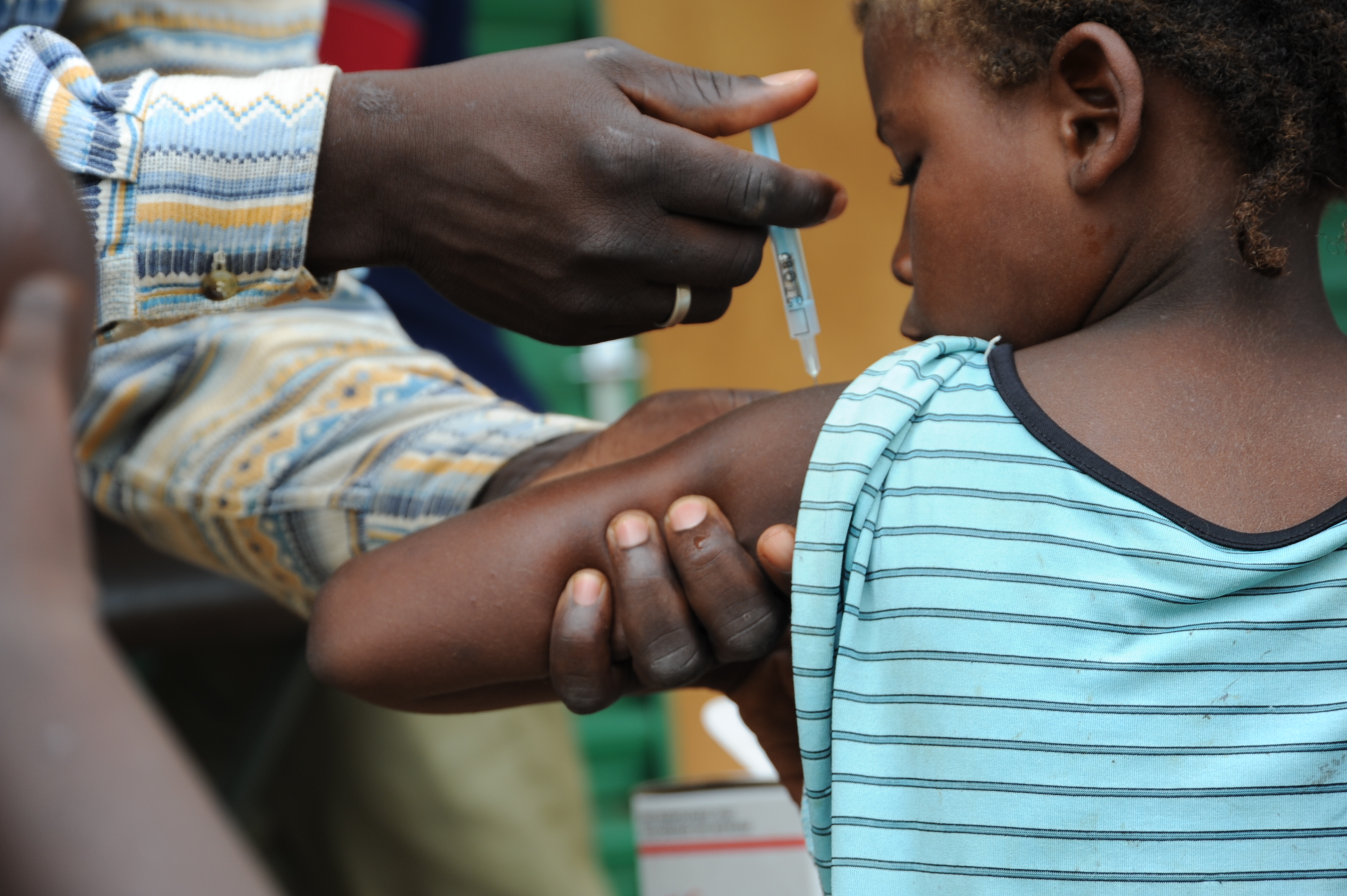Meningitis remains a universal public health challenge in countries around the world – cases and outbreaks are highly dreaded. The global number of deaths due to meningitis was estimated at around 380,000 annually. Deaths from meningitis and sepsis in children under the age of five were estimated to be as high as deaths due to malaria, not accounting the devastation from sequelae. Progress in defeating meningitis lags behind other vaccine preventable diseases.
In May 2017, over 50 representatives from governments, global health organizations, public health bodies, academia, private sector and civil society called for a global vision to defeat meningitis by 2030. In September 2017, another 200 representatives from 26 African countries gathered in Ouagadougou, Burkina Faso urging for the establishment of a global commitment and the implementation of urgent actions for equitable and sustainable access to meningitis vaccines.
The global fight against meningitis is fully aligned with WHO’s new 13th General Programme of Work and captures the essence of WHO three-fold mission:
- Promote health
- Keep the world safe
- Serve the vulnerable
Meningitis is a largely vaccine-preventable disease, and it can be further prevented with the advent of new vaccines. Meningitis is also an epidemic-prone disease, and as such deserves special attention given the potentially major impact on health systems, the economy and society as a whole due to the disruptive nature of meningitis outbreaks which are costly and challenging to control.
Over the next two years, WHO is coordinating the development of a global roadmap that sets a vision, provides a high-level overview and communicates direction, outlining priority areas for research and enhanced control activities, with goals and specific solutions to meet the desired milestones.
The scope of the roadmap will be global, with strategic goals, milestones and research priority activities tailored to each region. The main bacterial pathogens considered will include Streptococcus pneumoniae, Neisseria meningitidis, Haemophilus Influenzae and Streptococcus agalactiae (Group B).
Building a partner coalition will be a cornerstone of the roadmap development strategy and endorsement.
A Technical Task Force of major technical partners historically invested in long-term meningitis control, particularly in the African region, with complementary focus and expertise, was convened to discuss the roadmap goals.
The members of the Taskforce agreed that the roadmap could be structured around five axes: prevention and epidemic control; diagnosis and treatment; disease surveillance; advocacy and information; support and aftercare for survivors. Access and monitoring would be cross-cutting issues.
Objectives
This dialogue meeting was deliberately designed as an opportunity for global experts to further develop the roadmap towards defeating meningitis by 2030.
It was envisaged that the meeting would help to develop a next draft of the global roadmap, and to map and agree the way forward to engage the stakeholders.
By necessity it was a high-level overview of key themes, with many essential topics being touched on lightly in order to bring a variety of views from different stakeholders together in one place in a unique way. In doing so it started a process that will lead to more detailed discussion and consultation that must follow.
Additional information
Meningococcal meningitis – WHO introduces “Defeating meningitis by 2030”











